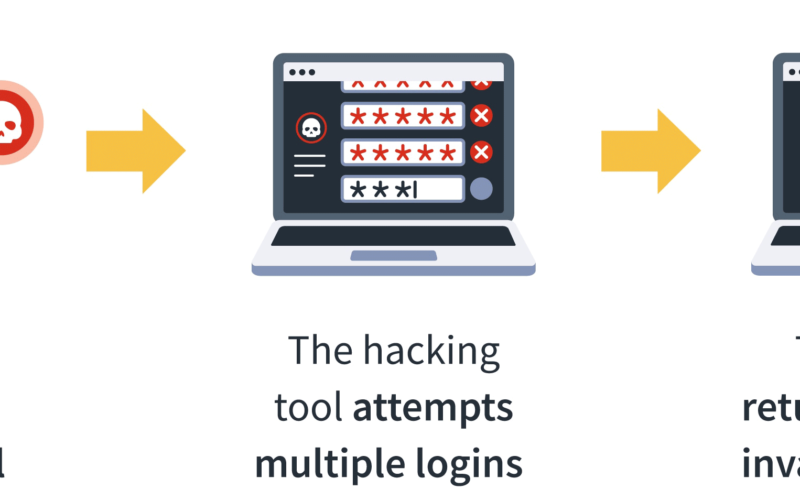Call center fraud is a growing concern in today’s digital age. As more businesses adopt customer service through call centers, fraudsters are finding new ways to exploit these systems for personal gain. Call center fraud can be defined as the use of deceptive tactics to obtain sensitive information or money from unsuspecting customers through phone calls. These fraudulent activities pose a serious threat to both customers and businesses alike, and it is important to be aware of the different types of fraud that can occur in call centers.
One of the most common types of call center fraud is phishing. This involves fraudsters impersonating legitimate businesses or financial institutions to obtain sensitive information from customers. The caller may claim that the customer’s account has been compromised and ask for personal information such as account numbers, passwords, or social security numbers. This information can then be used to commit identity theft or access the customer’s bank accounts.
Another type of call center fraud is vishing, which is similar to phishing but involves the use of voice messages instead of emails. Fraudsters may leave a voice message on a customer’s phone claiming to be from a legitimate business or financial institution. They may ask the customer to call back a certain number and provide personal information to verify their account. This is a tactic to get the customer to call a fake number and disclose their sensitive information.
In addition, call center fraud can also occur through the use of robocalls. These are automated phone calls that play a recorded message to the customer. Fraudsters may use robocalls to impersonate government agencies, credit card companies, or banks. They may ask the customer to press a number to be connected to an operator, who will then ask for personal information or payment.
Call center fraud can have serious consequences for both customers and businesses. Customers may suffer financial losses, damage to their credit score, or even identity theft. Businesses may face reputational damage and loss of customer trust. It is therefore essential for businesses to take measures to prevent call center fraud.
Businesses can prevent call center fraud by implementing security measures such as two-factor authentication, fraud detection software, and employee training. Two-factor authentication involves using a second layer of security, such as a code sent to the customer’s phone, to verify their identity. Fraud detection software can detect suspicious activity, such as multiple calls from the same number, and alert employees to potential fraud. Employee training can also help employees identify and prevent fraudulent activity.
TL;DR
Call center fraud is a serious threat that businesses and customers must be aware of. With the increasing use of call centers for customer service, it is essential for businesses to implement security measures to prevent fraudulent activity. Customers should also be cautious when receiving calls from unknown numbers and avoid disclosing sensitive information unless they are certain of the caller’s identity. By taking these precautions, businesses and customers can protect themselves against call center fraud.



